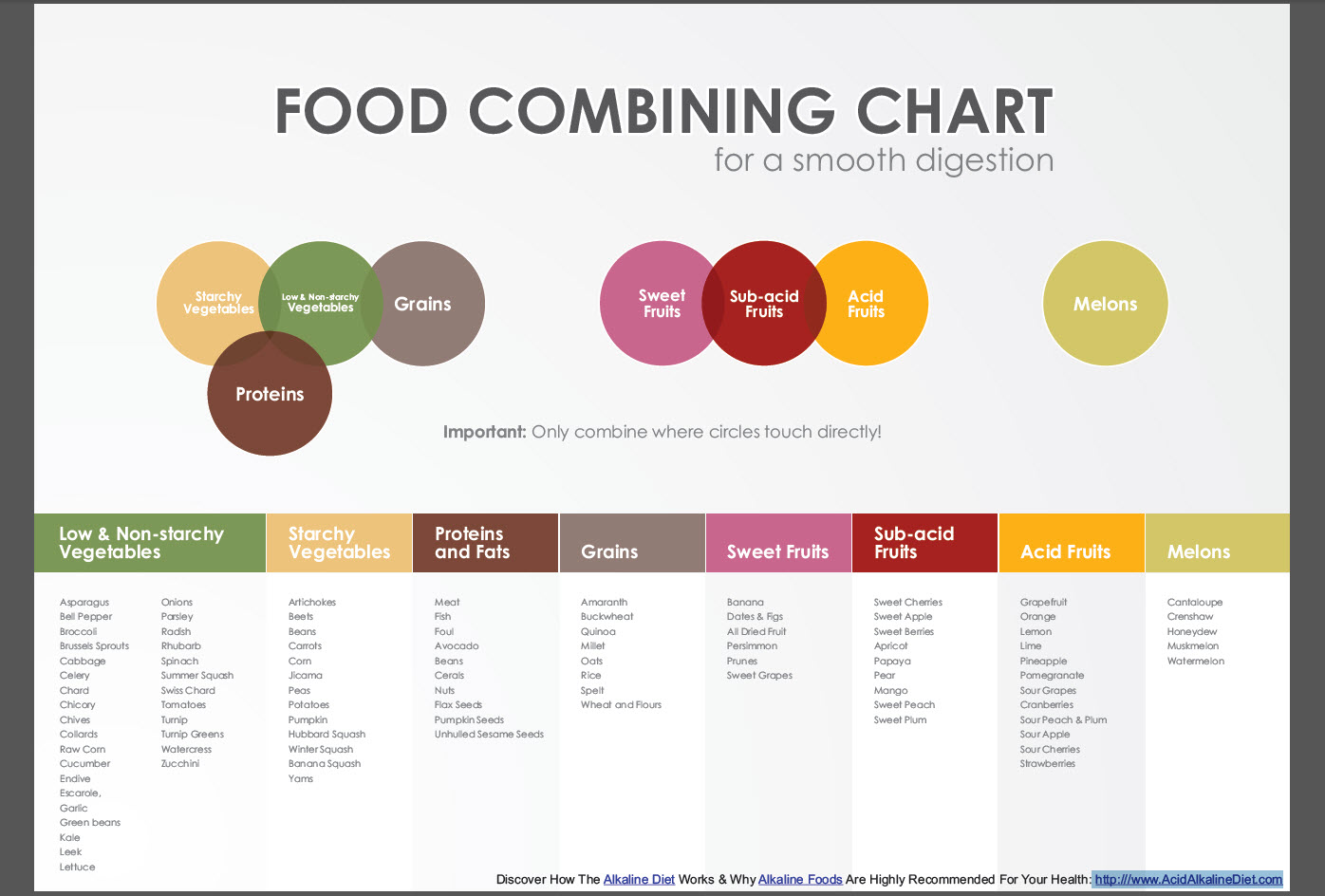4 Ways to Reduce Stress on the Body at Every Meal
There is so much more to eating for good health than just the foods you eat.
Eating should not be a stressful experience, but we have gotten pretty good at making it one.
I'm not just referring to the stress caused by the foods you eat either, though that definitely plays a role.
Today I want to bring some attention to how you eat, because how you eat could potentially be behind the reason you don't feel great after you finish a meal. How you eat has the potential to reduce or create stress in the body, despite the types of foods you are consuming.
The 4 points below are an important piece of the puzzle when it comes to eating well:
1. Eating Speed
When you eat too quickly, you likely neglect to chew your food very well.
Digestion begins in the mouth. When the food particles are large and not broken down much, you have burdened your body to release extra enzymes and juices in it effort to help break the food down.
If you experience symptoms of acidity, heartburn, indigestion and gas after each meal, consider really taking your time with your next meal, chew your food to pulp and see if you notice any benefits.
2. Eating Environment
Are you eating on the go? Are you stuffing a muffin in your mouth as your run between meetings? Are you eating dinner while watching House of Cards?
They say you are what you eat, and on top of that I believe that you can eat your emotions too. If you are eating under tense, rushed or uncomfortable circumstances then you will also digest under similar circumstances.
If you are distracted while you're eating (like when watching television or playing on your devices) eating can become quite mindless. When you eat mindlessly, you will be more likely to eat quickly and not chew your food properly, overeat, and when all is said and done, you won't have really enjoyed your meal. This sucks on all levels.
I encourage you to set your table, to really pay attention, and enjoy your next meal. Tune in to what your body says to you while you eat and refrain from eating to the point where you feel you need to loosen up your belt buckle.
3. The Amount You Eat
This is a big issue. It's so easy to do and it is so stressful on our body... especially when you do it at meal after meal, every day for years and years.
First of all, overeating puts a burden on the organs to produce enzymes and hormones to deal with the influx (ie. insulin (your fat storage hormone) surges). Not cool.
Secondly, the burden of stress it causes on the digestive tract as your body works to digest a much larger quantity of food than it really wants to handle is no fun and it probably won't feel fun either.
Thirdly, it is likely you won't use all the energy you just consumed. This means your body will store the extra away as fat. Overeating is not beneficial to your waistline and if you are overweight, being over weight is stressful on your body in many other ways as well.
4. The Way You Combine Your Food
The way you combine certain foods can actually reduce or add stress on your digestive system, depending on the types of foods you combined. This is why:
Since foods like carbohydrates break down much more quickly than fats and proteins if you start your meal with a fat or protein and then eat a quick burning carbohydrate like a fruit, the fruit will breakdown quickly, but will remain in your stomach while your stomach works on breaking down the fat and protein enough. The digested carbohydrates might actually begin to ferment in the stomach and can cause discomfort like a feeling of heat, acidity or reflux. If you're prone to these types of conditions play around with food combining and see if you notice any improvement.
There you go! Try focusing on these 4 components on your next few meals. They can have great effects on your energy, reducing after meal discomfort, your weight and your general health.. especially when paired with good clean, healthy food. :)

